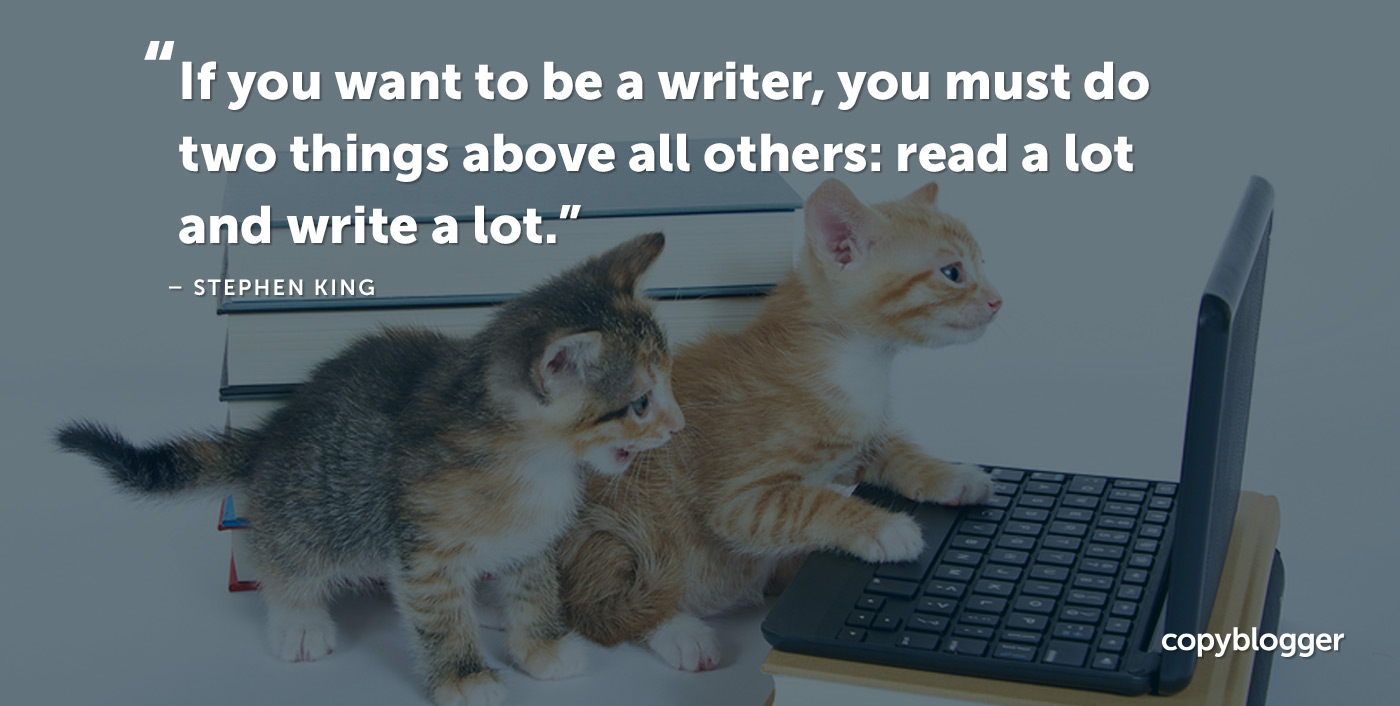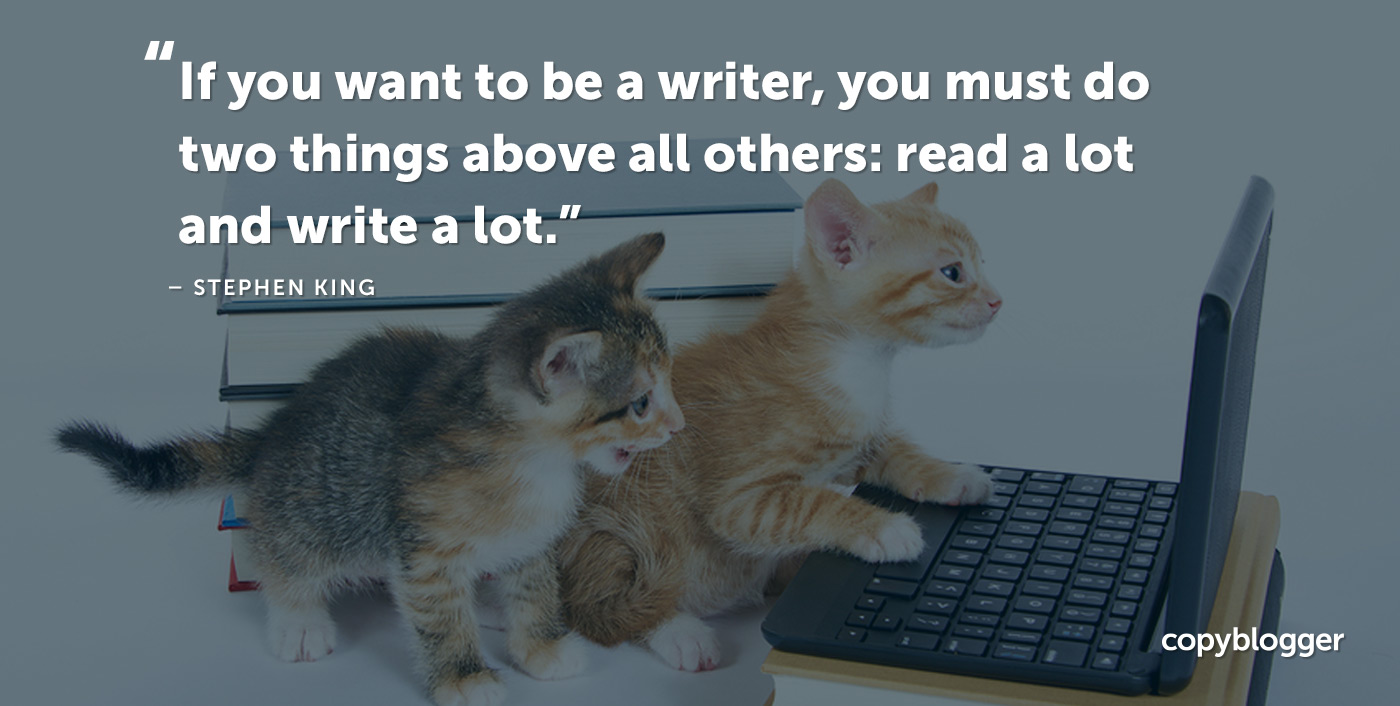Sometimes our need to feel plugged-in can lead to momentary nirvana. How many times have you opened a few dozen browser tabs only to read just a couple lines of each and move on? But many of us work on the internet. There’s no way around these two things that I’m aware of, no shortcut.” – Stephen King As any writer with a desire to move an audience knows, you have to read, and read with depth and breadth. Curiosity begets creativity My colleague Sonia Simone calls it, “Doing cool stuff time.” Work on a hobby, learn a new language, read a book for pleasure (paper beats ebook for this), play music, or ditch the GPS and take a walk and try to get lost. “Creativity is, more or less, a synonym for curiosity.” – Steff Green There are different types of curiosity, both good and bad One definition of curiosity: “Desire to know or learn … esp. The more you try out new things, the more skills you develop, the more creative you’ll become.” “We have these thoughts in our head … electrochemical signals causing these neural networks to fire in certain ways. All creative work builds on what came before. Nothing is completely original….” “Every new idea is a mashup or remix of one or more previous ideas….” “Your job is to collect good ideas. The more ideas you collect, the more you can choose from to be influenced by.” – Austin Kleon So take a break from the social media time-suck loop to reboot your brain.

If you’re like me, you probably take for granted the complex quantum computer that is your brain.
And when you work on this digital superhighway of hedonic hyperactivity, it’s easy to be consumed, and even overwhelmed, by the sheer amount of irrelevant information you feed it every day.
Breakneck political scandals, societal tribalism, the hamster wheel of 24-hour outrage, heavily Photoshopped #sponcon, and the endless notifications to check your endless notifications.
Sometimes our need to feel plugged-in can lead to momentary nirvana. But very often it leads to brain clog and even a cessation of good idea creation.
All of that stuff we’re putting into our brains can overload our neural circuits like at no other time in history.
When you live by the sword, it’s easy to get cut
The content treadmill so often churns out writing that is uninspired, drab, and seems as if the author was typing it with one hand while swiping Tinder with the other.
How many times have you opened a few dozen browser tabs only to read just a couple lines of each and move on?
It’s the same content you read last week, with a slightly different stock image and the commas moved around.
“If you do not change direction, you may end up where you are heading.” – Lao Tzu
So what can writers and content creators do to reboot?
Unplug from the internet forever and buy a tiny house off the grid where you can tend a cactus farm, do peyote, and write the great American novel?
Sure, if that’s what you’re into. But many of us work on the internet. We’ve invested our livelihoods in this crazy array of chips, wires, and words.
We actually want to communicate effectively with, and help, the tribes and audiences we love.
“If you want to be a writer, you must do two things above all others: read a lot and write a lot. There’s no way around these two things that I’m aware of, no shortcut.” – Stephen King
As any writer with a desire to move an audience knows, you have to read, and read with depth and…

COMMENTS